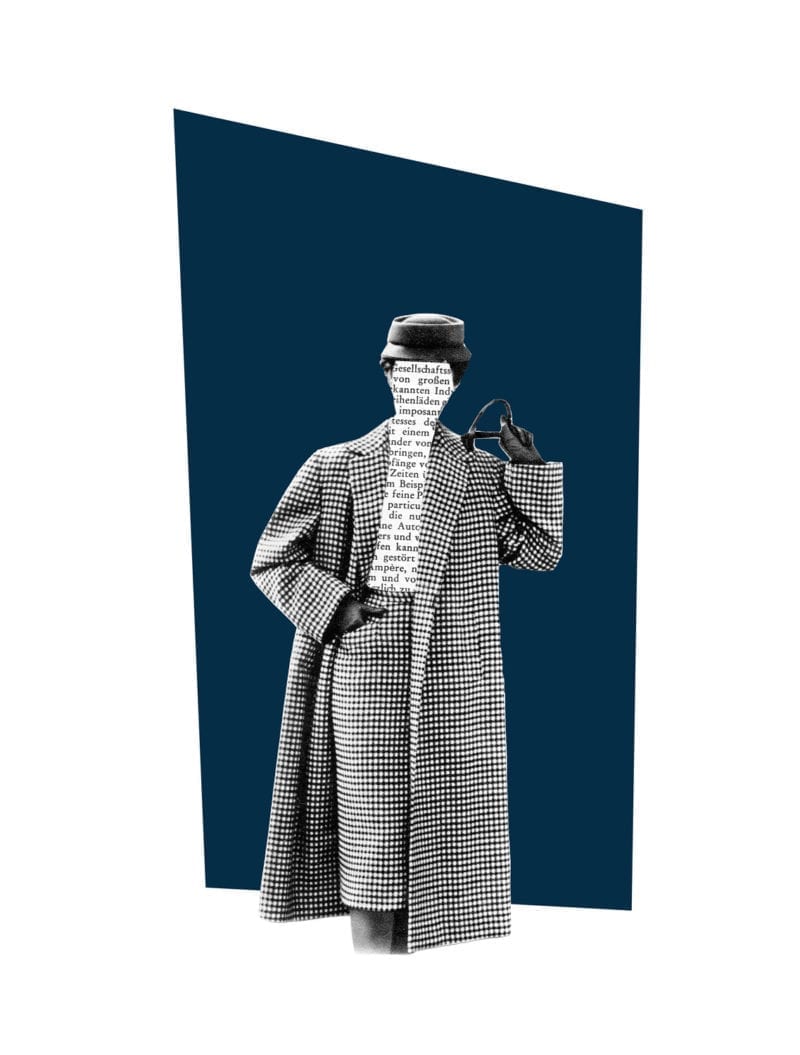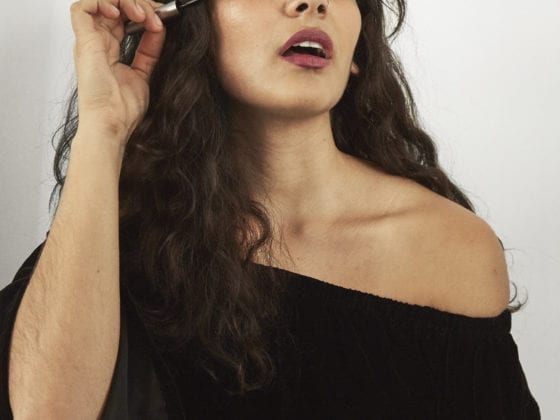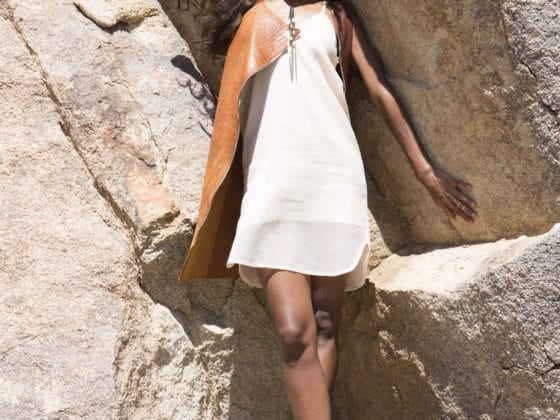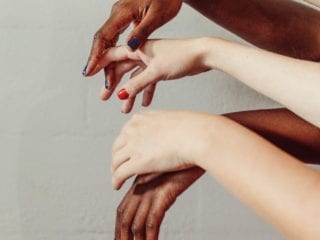This post is a part of a series called “Help Me Understand,” where we practice the art of dialogue about important issues. The focus is to come around the table and learn to have healthy conversations with people of diverse backgrounds in order to learn.
As a black woman, February and March bring me so much pride. I get a month dedicated to honoring my culture and ancestry, as well as the accomplishments being made by people who look like me today. Then, it rolls into another month-long celebration of all things women.
Women are being spotlighted on social media campaigns and by celebrities on their personal pages. The Google homepage banner has highlighted women in history each day. A number of my favorite brands have even shared knowledge about pioneering women, past and present, since the start of this month. Perhaps, this is the most wonderful time of the year? I could be biased.
While I assumed the vast majority of people knew Women’s History Month is upon us, I shouldn’t make assumptions.
“I didn’t know,” my colleague said.
I sat across from my colleague at a restaurant searching her eyes for some semblance of facetiousness, but there was none. She wasn’t joking.
I did an informal survey—of friends, family members, anyone who’d listen to me—and found that she wasn’t the only one who didn’t know. In fact, I was actually in the minority as far as people in my world who do know about Women’s History Month.
I was actually in the minority as far as people in my world who do know about Women’s History Month.
Women’s History Month, which originated as a week-long celebration, has been celebrated in March since 1987 with the purpose of acknowledging the contributions women have made in American culture since the founding of this country. That’s more than 30 years of celebrating women’s history in March.
How have so many missed this memo?
When our server returned to the table to take our order, I asked him if he knew anything about Women’s History Month. His answer was interesting:
“Oh, I can’t keep up with all of that. There’s literally a month and a day and a week for everything these days. Don’t get me wrong. I love women, but yea. I don’t know.”
I suppose it’s a reasonable response. Heritage months tend to be more important to those whose heritage is being celebrated. Several of my male friends haven’t thought about Women’s History Month. Some of my white counterparts didn’t know much about Black History Month. I’ll even admit that I’m not exactly versed in the other heritage awareness months that don’t apply to me.
I can understand that people are more willing to celebrate and connect with things they can relate to. I cannot understand, however, how a heritage month could be lumped in the same category as, say, National Umbrella Month.
Heritage awareness months, such as Black History Month, Hispanic Heritage Month, Women’s History Month and Asian Pacific American Heritage Month, were established to recognize people who have been overlooked and disenfranchised throughout history. These months honor the diverse minority groups in our nation, the contributions they have made to American history and the milestones and accomplishments currently being made.
Heritage awareness months were established to recognize people who have been overlooked and disenfranchised throughout history.
While it’s beautiful to see individuals within those groups celebrate and uplift each other, imagine the impact and progress that could be made if people outside of these groups joined in on the appreciation. I’d like to think there could be year-round appreciation of the diversity that makes this nation what it is. This is why heritage awareness months are so important.
This month is about uplifting the “can do” power of women, honoring those who came before us and acknowledging the progress we have made in terms of gender equality. This year’s theme celebrates the centennial of the 19th amendment ratification, which gave women the right to vote.
I dare you to take this knowledge, share it and continue learning this month and all year long about the impact women have made on the United States. I dare you to tune into the heritage awareness months that don’t necessarily apply to your heritage. This is where it starts. Openness—an open mind, open ears and an open heart—is the bridge and genuine conversation is what fuels progress.
What are your thoughts on cultural heritage months? Do you think they are still needed today?
Image via Richard Vergez, Darling Issue No. 10











